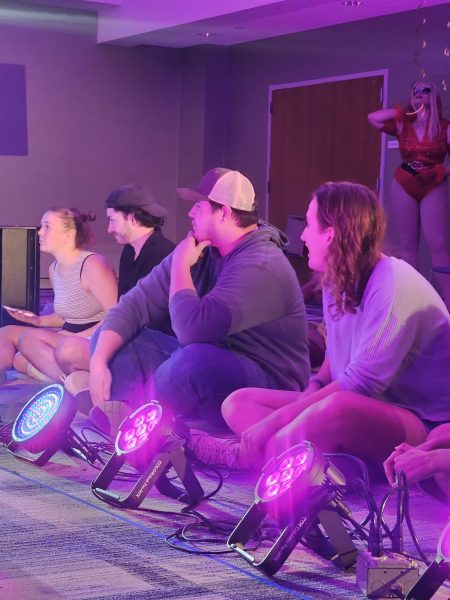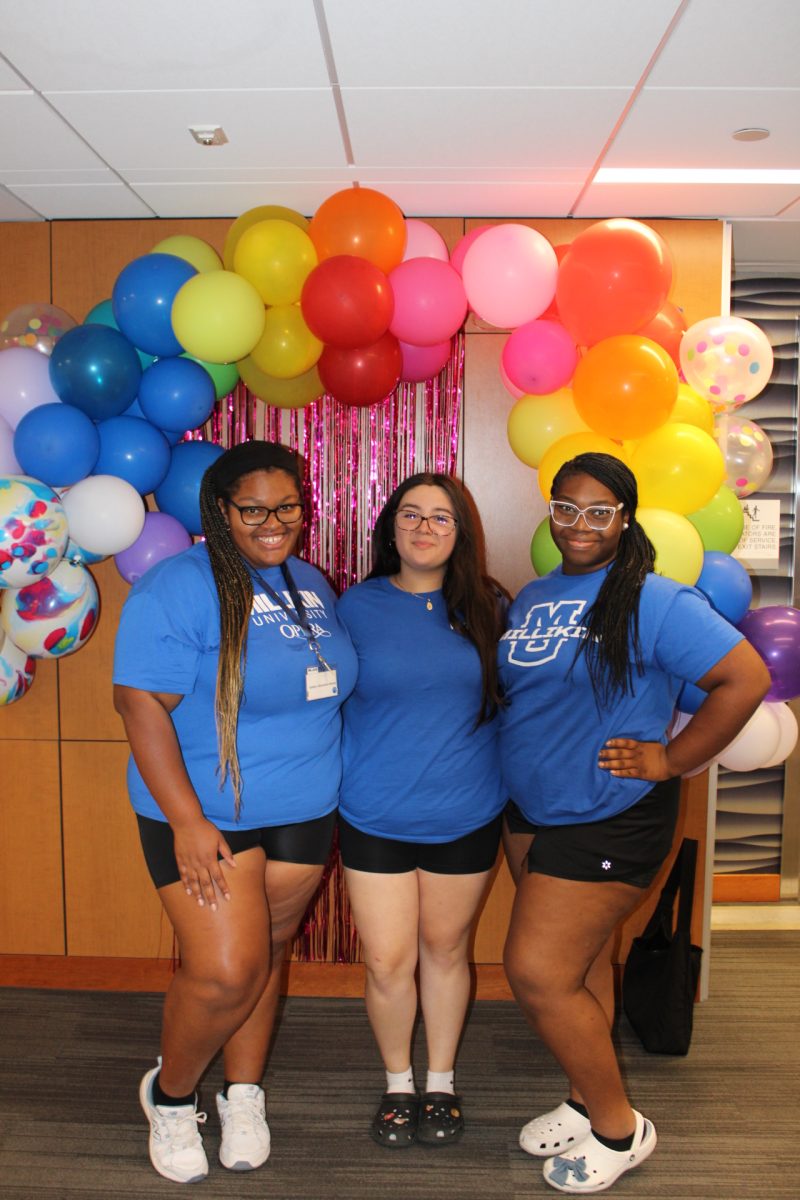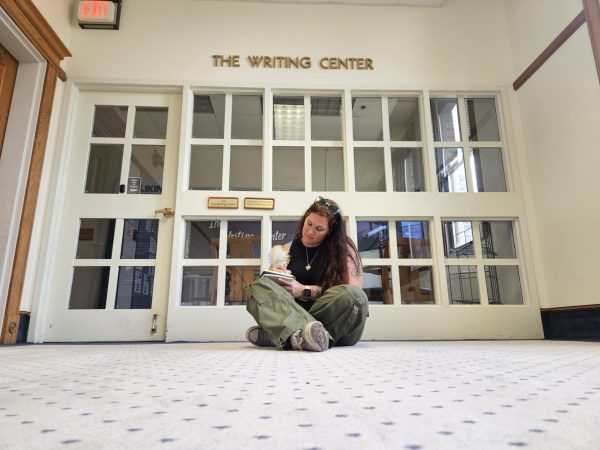For centuries, drag queens have played a vital role in the LGBTQIA+ community, pushing boundaries and fostering inclusivity by challenging traditional societal norms. The concept of ‘drag’ is deeply intertwined with queer identity, with drag queens often exploring exaggerated expressions of masculinity or femininity or experimenting with diverse forms of gender identity.
Drag possesses substantial importance due to its multifaceted benefits, including heightened visibility and acceptance of LGBTQIA+ individuals. It mitigates stigma, enhancing self-esteem and well-being. The art form fosters inclusivity and community, and advocates for LGBTQIA+ rights.
As a creative outlet, drag resists oppressive norms, promoting liberation. Notably, drag performances contributed significantly to HIV/AIDS awareness and research funding. Additionally, drag provides an emotional outlet and stress relief.
Before last Saturday’s vibrant student-produced and student-led Drag Show, I had the privilege to share a conversation with a truly remarkable and talented drag performer, Jazmine Mileham aka Lulu Stiletto, exploring the intersection of identity, artistry, and self-expression.
I was curious to learn about Mileham’s empowering journey to discovery and artistic expression, specifically the moment she realized her aspiration to become a drag queen. Jazmine has been doing drag for about five years. She started in August of 2019 and stated that what piqued her interest is that she’s always been a performer whether in high school or college. She remembers her first performance quite well.
“It was very exhilarating, because just that stage presence I’ve always had,” Mileham said. “I’m always nervous before a show, but once I step on the stage the nerves disappear. My first performance was at Club Q in Colorado Springs.”
However, perfecting the makeup involved in the process did not come easily, at least at first.
“The first time I did my own make-up it looked atrocious. The first time I did drag, someone else did my face,” Mileham said.
She had started drag right before covid, and then covid hit, so that’s when she really got the chance to practice her make-up magic. She emphasized that drag make-up mastery requires substantial experimentation, online tutorial engagement, and scrutiny of applications on faces similar to hers, due to the critical influence of varied facial geometry, eye shapes, and structural proportions on the artistic outcome.
When asked who she was most thankful for, Mileham had an answer right away.

“One is my current show director in Springfield, Mahogany Knight, she has taken me in as almost one of her own,” she said. “I’m not one of her direct drag children, but I’m like her drag niece. She makes about half of my costumes, and she’s really shown me feedback, sometimes it might be negative but it’s constructive. She has really given me that support system I needed.”
I attended Pipe Dreams Studio Theatre’s Drag Show, held in collaboration with Millikin Care at Millikin’s UC ballroom Saturday night, with funds raised supporting the Trevor Project. The Trevor Project is an American nonprofit organization founded in 1998 and focused on suicide prevention efforts among LGBTQ youth. They offer guidance and resources to parents and educators to foster safe, accepting, and inclusive environments for all youth, at home, schools, and colleges.
The evening’s entertainment was masterfully hosted and performed by Floretta Be Xtra, beginning at 7:30pm with a brief intermission preceding the 10:00pm show.
A diverse and talented group of six performers, including Floretta Be Xtra, Satine, Ry Whiskey, Mister Princess, Lulu Stiletto, and Annastasia Sparks delivered high-energy performances.
Each artist presented three dynamic singing and dancing skits, generating an electric atmosphere. The enthusiastic crowd responded with cheers, applause, and generous tips, acknowledging the performers’ impressive stiletto dancing, acrobatic skills, and engaging stage presence. Attending such events is highly encouraged, as it demonstrates support for the local community, a core value of the Big Blue.


